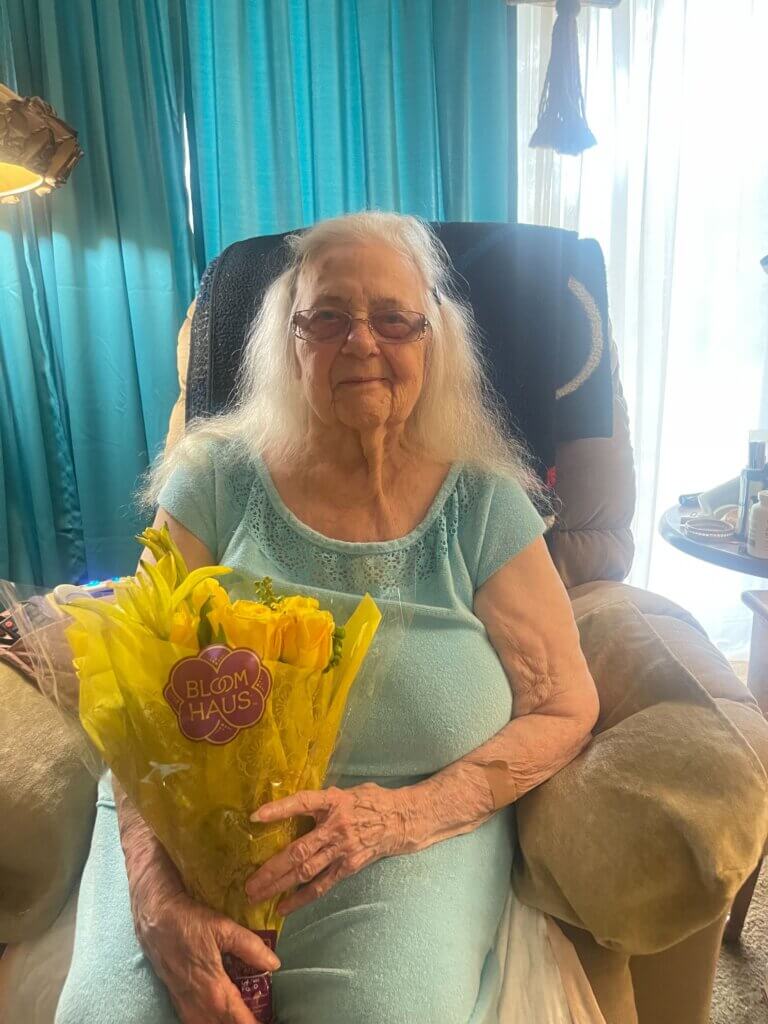An elderly power of attorney is vital, ensuring decisions made accurately align with their wishes.
As parents age, balancing their independence and wellbeing gets harder. A power of attorney (POA) lets them pick someone to handle affairs if needed. This vital document is overlooked by many families. Thankfully, setting up a POA for elderly parents is fairly simple. Importantly, a POA can prevent future complications when care decisions arise.
Demystifying What Power of Attorney Means
A POA gives written authority to act on someone’s behalf in certain situations. The competent adult, called the principal, names a trusted person as their agent through a POA document. This legally empowers the agent to make decisions for the principal if specified conditions are met. Having a Power of Attorney is a crucial step in ensuring that an individual’s wishes are respected and important matters are handled appropriately in their absence.
Types of POA: Options for Elderly Parents
POAs tailored to seniors’ needs include:
General vs. Limited
General POAs cover many matters, while limited addresses specific situations.
An agent holding a general POA possesses the authority to perform various tasks, including but not limited to:
- Executing document signatures on behalf of the principal
- Initiating or concluding bank account transactions and withdrawing funds
- Facilitating the purchase or sale of property, real estate, and assets
- Engaging in the trading and selling of stocks
- Managing bill payments and cashing checks on behalf of the principal
- Entering into contracts for essential utilities and services, such as housekeeping or home health care
A limited power of attorney allows a senior to grant someone authority for a specific duration over designated matters, typically outlined within the document.
Springing vs. Durable
Springing POAs activate when incapacity is determined. Durable POA avoids delays and costs of proving incapacity. It provides immediate authority when emergencies arise.
A springing power of attorney is prepared in advance but only becomes active when a senior is declared incapacitated. Seniors desiring prolonged independence may opt for this type, but it often introduces complexities and delays. Professional circles generally disfavor it due to challenges in verifying the principal’s incapacitation before the agent gains authority. The determination process can be expensive, time-consuming, and prone to legal conflicts, particularly in emergencies.
In contrast, a durable power of attorney grants the agent decision-making authority across all the principal’s mental and physical conditions. It takes immediate effect upon signing, enduring until revocation or the principal’s passing, eliminating the need for verification during challenging circumstances. Without a durable power of attorney, handling a parent’s affairs in case of incapacitation may necessitate a court declaration of incompetence.
Why Aging Parents Need Power of Attorney
Without POAs, wishes may go unknown and unheeded. POA lets a trusted person handle affairs when parents are unable or unwilling. Reasons to create one include:
- Cognitive decline from Alzheimer’s or dementia
- Upcoming surgeries with complications
- Difficulty with financial obligations
- Terminal diagnoses, end-of-life wishes
- Travel plans requiring remote assistance
- Family conflicts over decision making
Optimal Timing for Elderly Parent POA
Experts advise completing POA before needed – especially after a concerning diagnosis. After an one is determined incapacitated without a POA, the court conservatorship process follows. This is why addressing POA in early estate planning is critical.
Step-By-Step Guide to Setting Up Parent POA
- Parent decides they need a POA and chooses an agent
- Parent makes the POA document
- Parent names their chosen adult child as agent
- Parent signs the executed POA document
- Agent retains copies to act on parent’s behalf
Online tools now simplify the DIY POA creation. For customized guidance, consult local estate planning or elder law attorneys on proper POA execution.
Key Considerations in Naming a POA Agent
Selecting a POA agent can be challenging. There are many options and configurations. Consider:
- Family member vs. third party pros and cons
- Agent knowledge of medical or financial matters
- Dividing POA powers between multiple agents
- Agent willingness and ability to honor wishes
- Risk reduction – speak to experts on your situation
Being Named Parent’s POA Agent: Duties and Benefits
As POA agent, you must act in your parent’s best interests by law. Review documents to fully understand your rights and limitations. POA aids caregivers by granting decision authority, potentially avoiding court intervention. It may also help reduce taxes and probate costs.
Communicating Parent’s POA Agent Choice to Siblings
Inform siblings sensitively if chosen as sole agent. A family meeting can explain the POA purpose and process. Urge understanding of your duty to uphold parent’s wishes. Share POA resources to address concerns transparently.
When A Parent Power of Attorney Ends
Parents can revoke POA anytime if competent. Otherwise, it may end if:
- Parent deemed mentally incompetent
- Expiration date met
- Parent passes away
- Divorce court ruling (consult attorneys)
To revoke, starting new POA paperwork is typically sufficient, along with notifying the previous agent.
Contact us at 832-371-6600 for a free consultation to share the challenges you’re facing, and to learn how our personalized home care services can help you.
Home Matters Caregiving proudly serves the Houston Metro area providing care for seniors wherever they call home.












